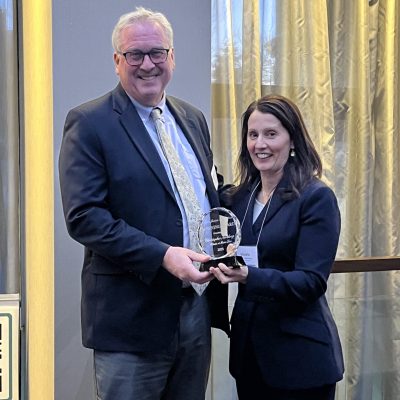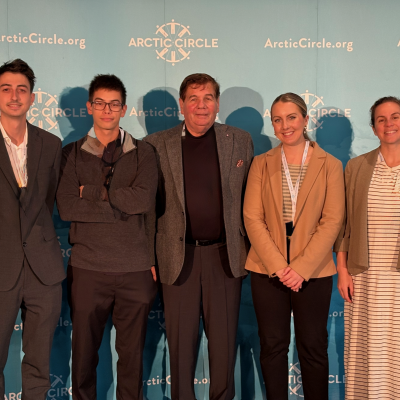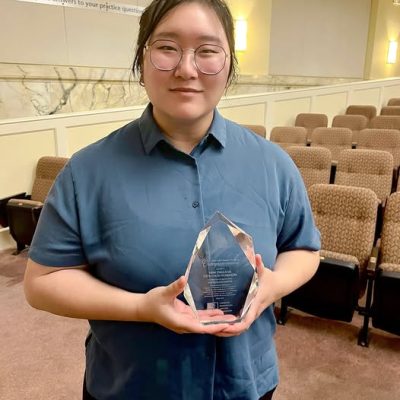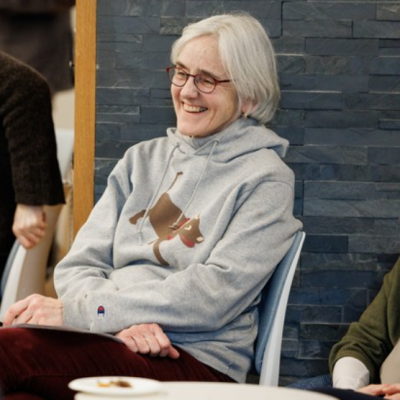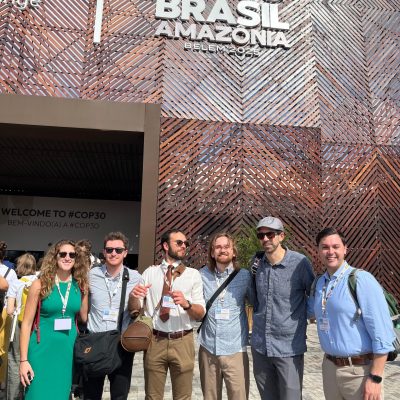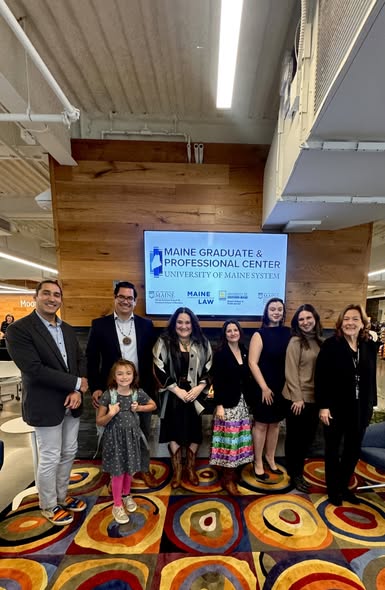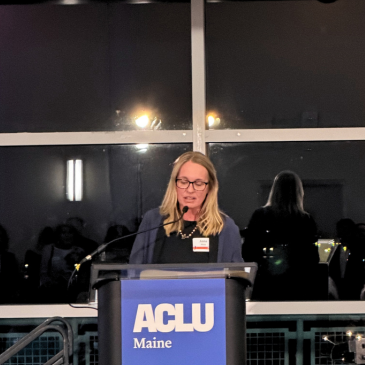On November 22, Maine Law hosted its Fourth Annual Indian Law and History Lecture titled Land Back and the Law. Professor Monte Mills, the Charles I. Stone Professor of Law and the Director of the Native American Law Center (NALC) at the University of Washington, Dr. Suzanne Greenlaw, Post-doctoral Scientist with the Schoodic Institute at Acadia National Park, and Shelby Semmes, Trust for Public Land Vice President for New England, all gave presentations. Their talks focused on different facets of Land Back in the U.S.
Land Back is a global movement led by indigenous communities that seeks to rectify historical injustices and ensure cultural survival through the return of land tracts to indigenous populations. In the U.S., the Land Back movement is led by Native American tribes across the country working for previously native lands to be returned to tribal ownership
While the ideological pillars of Land Back have a centuries long history in the U.S. and elsewhere, the term was coined in 2018 by Arnell Tailfeathers, a member of Canada’s Blood Tribe. The movement solidified in the U.S. during protests at Mount Rushmore in 2020 concerning the use of fireworks in a National Park during a presidential campaign event.
Mills discussed the historical and legal framework of the Land Back movement in the U.S., which stretches back to the 1800s, long before the term Land Back was coined, and has its ties in federal Indian policy, which until recently, sought to divorce native populations from their lands, livelihoods, and cultural roots. The movement, Mills said, is not just about geography.
“Land Back is about restoring connections to ancestral territory, but it is also about restoring jurisdictional authority to lands within reservation areas,” he explained. Concepts of Land Back and tribal sovereignty remain deeply intertwined.
Greenlaw’s lecture honed in on efforts in Maine creating pathways for land return through native and non-native organizational collaboration. One of these partnerships between First Light of the Maine Land Trust Network and the Wabanaki Commission on Land and Stewardship is working on 11 land return projects.
In addition to the legal challenges facing land return projects, Greenlaw spoke about the cultural hurdles facing native tribes across the country when it comes to issues of sovereignty as well as the bureaucratic ones. Many of the roadblocks in land return cases are due to ecological concerns from state and federal agencies about native land management practices. These land management practices, Greenlaw pointed out, as well as many of the technologies and techniques used therein, have their roots in Native American culture.
“Our values are not in opposition to the caretaking roles we hold in our landscapes,” she continued. “Native land management practices are for the public good.”


